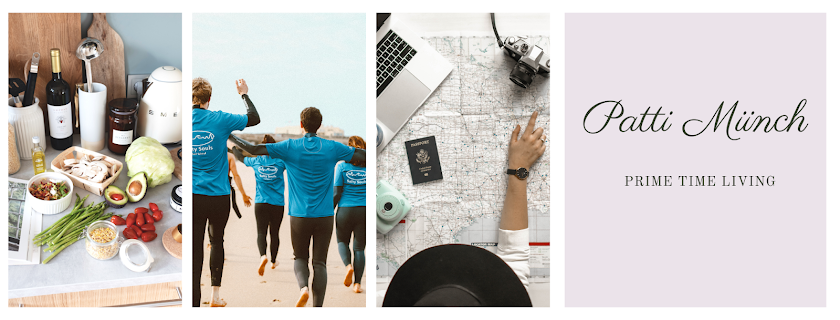While I didn’t actually go “to market, to buy a fat pig”, I am home again — or, at least, I’m back in my UK “home”, with backpack emptied and clothes washed, dried, and put away again.
Before I reflect (throughout the coming week) on each of the 4 places I visited, I thought I’d share a few things I learned during my 7 days on the road. Disclaimer: These are simply my observations from my very limited experience.
1. By some strange quirk of physics, a packed backpack will, without a single item being added to it, become heavier in direct proportion to the number of days it is carried.
2. In countries where English is the 2nd language, it is best to ask for help or directions from either younger people (teens and early 20’s) or older individuals (post-60). Younger people are more likely to have at least a working knowledge of English. They are also less likely to be in a hurry to get to work & have time to stop and provide assistance, and they typically know of decent but inexpensive places to eat. On the other hand, older individuals may not have the strongest English skills (may not even speak English at all) but (like their younger counterparts) are not usually in any hurry to get somewhere, and they often love to talk and to help others!
3. National galleries housing works by the greatest artists of all time have no entrance fee (or a nominal one), and great cathedrals that are so beautiful they take away a person’s breath are open to the public free of charge; a cramped bathroom that give pause to the least discriminating folks on the planet have an entrance fee of anywhere from 30 pence to a pound!
4. It is always, always, always best to reserve bunk #1 (bottom bunk) in a train sleeper.
5. If no bottom bunks are available (see #4), bunk #2 is acceptable as long as you do not board the train past 11 p.m.
6. Ear buds are much less common out and about in Europe than in the states. I saw few people wearing ear buds or headphones the entire week; instead, people were talking animatedly with their companions and reading books (yes, books!). By the way, I’ve noticed this to be true since arriving in the UK on January 9.
7. On a similar note, in the 6+ weeks I have been here, I have yet to see in a restaurant (or anywhere, for that matter) a group of people sitting together in which the participants are tapping away on a cell phone or talking on a cell phone. I have seen a person who is part of a group briefly check their phone, but no prolonged use. It’s refreshing to watch people actually engage with the people they are with!
8. The most tiring days are those spent sitting — sitting on a train/plane or in a train station/airport waiting for a train/plane; conversely, days in which 6 or 7 hours are spent walking and exploring a new place are energising and invigorating.
9. A smile and a few very basic German phrases — danke (thank you), guten tag (hello or good day), and entschuldigen sie (excuse me) — will serve a person very well in the places I visited (The Netherlands, The Czech Republic, Austria, and Switzerland). Well, maybe not so much in Prague (more on that later this week).
10. What seems very foreign (i.e. England and British English) will quickly become familiar and comfortable. As soon as I cleared customs at Gare du Nord in Paris and was technically in “UK territory” again, I actually heaved a huge sigh of relief at being “back home”.
I plan to share this week a little more about the 4 cities I visited — Amsterdam, Prague, Wien (Vienna), and Luzern (Lucerne), and I hope you’ll join me.
